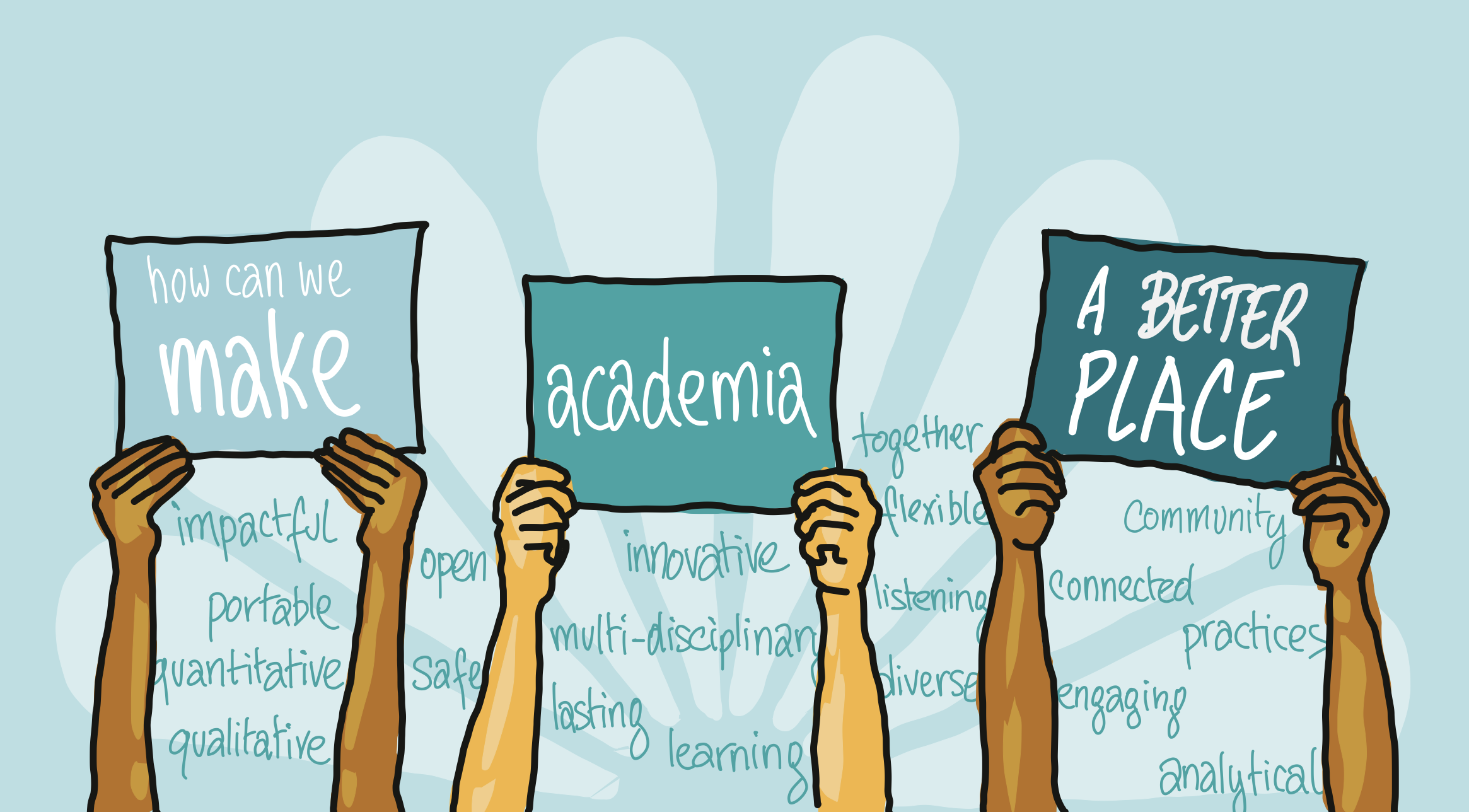In response to the European Commission’s call for evidence on promoting diverse, sustainable, and attractive academic careers, and building on its extensive work on this topic, YERUN publishes a paper presenting three steps to make careers in academia more attractive and sustainable.
YERUN’s contribution to these developments is highlighted in various policy papers. Notable publications include “Reforming research assessment in Europe“, “Rethinking Academic Careers“, and “Towards a European Framework for Sustainable and Attractive Careers in Higher Education.” The paper proposes three pivotal steps to enhance the attractiveness and sustainability of academic careers:
Step 1: Celebrating diversity of contributions and creating paths for talent to grow. Careers in academia often evolve in broad and non-linear ways to cover different aspects and tasks. However, this diversity is not well recognised in career progression, with a persistent imbalance in the weight given to some research-related outputs over other types of activities. Fostering nation-wide approaches to evaluation and recognition that celebrate the diversity of these roles, support professionals to progress in line with their talents and interests and develop more diverse career paths is part of making careers in academia more attractive and sustainable. If Member States (MS) adopted such innovative approaches, it would be much easier for universities to adjust their hiring and promotion criteria, thanks to a supportive and conducive regulatory framework. The EU could continue in its role of facilitating peer learning and coherence across its MS.
Step 2: Creating adequate support systems for continuous skills development. In a world that undergoes rapid changes and new emerging challenges, universities and their staff are under constant and growing pressure to solve many issues very quickly (e.g. climate change, AI, pandemics, etc.). These challenges require new advanced skills and knowledge: those working in academia need to be supported and empowered accordingly. The Council Recommendation should highlight the crucial importance of investing in skills development to help those working in universities build and strengthen the knowledge needed to face the above challenges and demands. This is key to empower the roles relating to teaching, community engagement, knowledge valorisation, management, leadership, and support activities. At EU level, innovative ideas could be explored such as launching a prestigious funding programme supporting innovative educational excellence, on a par with MSCA and/or ERC which target research excellence.
Step 3: Empowering universities with adequate framework conditions to support diverse career developments. Universities across Europe share a common challenge of continually adapting to changes in funding priorities which inhibit long term strategic governance as well as a balanced whole-of-institution planning of human resources (HR). Talent in universities will only thrive if institutions can rely on sustainable funding to facilitate self-governance and a genuine transformation in line with their institutional vision, and if they have the necessary flexibility for a more targeted channelling of resources in line with their needs. The Council Recommendation should acknowledge that, while a balanced combination of diverse funding sources is crucial for promoting change, sustained attractiveness of HR requires strong institutions that can define strong HR strategies aligned with their vision and mission. This requires institutional autonomy and adequate basic and life-cycle funding. Moreover, a good balance will need to be found between facilitating permeability across sectors and retaining talent.
In conclusion, the strategies and policies developed by governments will be of little use without highly motivated and skilled university staff that will work on their implementation. The development of attractive and sustainable careers in academia is, therefore, of utmost importance not because it is high on the European policy agenda, but because universities must remain a safe haven for building and sharing knowledge, critical thinking and creative ideas.
There is a need to recognise, reward and support the entire higher education community, as fulfilling diverse university missions requires a collective effort. YERUN calls on all relevant national, European and international stakeholders to take into account these issues when working towards implementing more comprehensive and fairer ways to evaluate academic careers, foster them, and, ultimately, strengthening academia as an attractive place for talent to grow.










